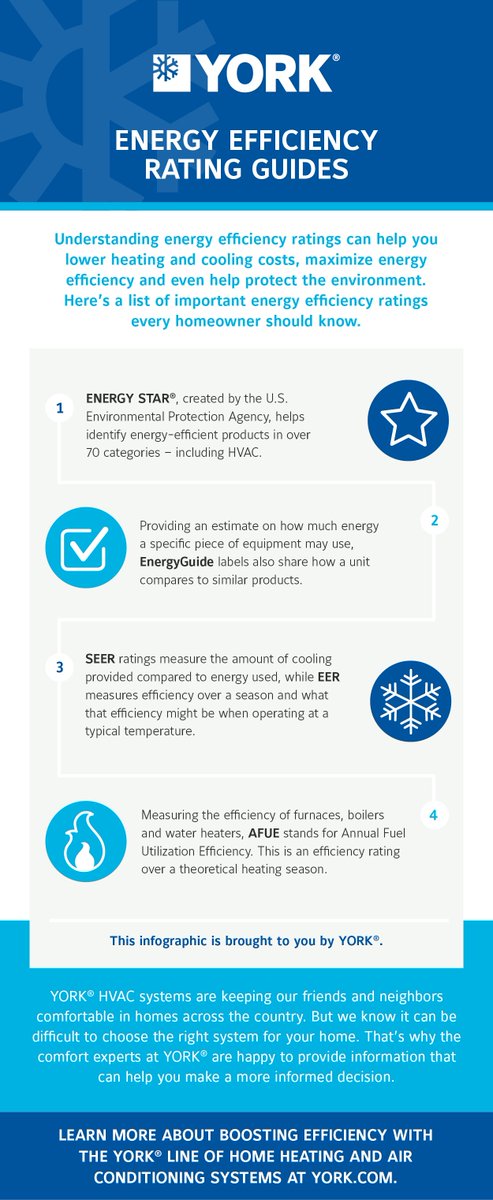The Future Of Home Home Heating - How Heat Pump Technology Is Progressing
The Future Of Home Home Heating - How Heat Pump Technology Is Progressing
Blog Article
Material By-Svensson Kaae
Heatpump will certainly be a vital modern technology for decarbonising heating. In a scenario regular with governments' announced energy and environment dedications, their worldwide ability increases by 2030, while their share in home heating rises to one-quarter.
They work best in well-insulated homes and rely on electricity, which can be provided from a sustainable power grid. Technical advancements are making them more reliable, smarter and less expensive.
Gas Cells
Heat pumps utilize a compressor, refrigerant, coils and followers to relocate the air and warm in homes and appliances. They can be powered by solar energy or electricity from the grid. They have been gaining popularity due to their low cost, peaceful procedure and the capability to generate electrical energy throughout peak power demand.
https://valdostatoday.com/living/2022/06/ema-lowndes-warns-of-dangerous-heat/ , like IdaTech and BG MicroGen, are working with fuel cells for home heating. These microgenerators can change a gas central heating boiler and create a few of a house's electric requirements with a link to the electrical energy grid for the rest.
Yet there are factors to be unconvinced of using hydrogen for home heating, Rosenow states. It would certainly be costly and inefficient compared to various other modern technologies, and it would certainly add to carbon exhausts.
Smart and Connected Technologies
Smart home technology enables property owners to link and control their gadgets from another location with making use of smart device applications. For example, clever thermostats can learn your heating choices and instantly get used to maximize power consumption. Smart illumination systems can be managed with voice commands and immediately turn off lights when you leave the area, reducing energy waste. And clever plugs can check and handle your electric use, permitting you to identify and limit energy-hungry home appliances.
The tech-savvy house illustrated in Carina's interview is an excellent image of just how passengers reconfigure space home heating practices in the light of brand-new smart home technologies. They depend on the devices' computerized functions to carry out day-to-day changes and regard them as a practical methods of performing their heating methods. As such, they see no reason to adjust their practices additionally in order to enable flexibility in their home power demand, and treatments aiming at doing so may encounter resistance from these families.
Electricity
Because heating up homes make up 13% of US emissions, a switch to cleaner alternatives can make a large difference. However the technology deals with difficulties: It's pricey and needs comprehensive home renovations. And it's not always suitable with renewable energy resources, such as solar and wind.
Up until lately, electric heat pumps were too costly to compete with gas versions in a lot of markets. Yet new advancements in design and products are making them a lot more affordable. And better cold environment performance is enabling them to operate well even in subzero temperature levels.
The next step in decarbonising heating might be the use of warmth networks, which draw warmth from a central source, such as a nearby river or sea inlet, and disperse it to a network of homes or buildings. That would decrease carbon exhausts and enable homes to capitalize on renewable energy, such as eco-friendly power from a grid supplied by renewables. mouse click the up coming internet site would certainly be less pricey than changing to hydrogen, a fossil fuel that requires brand-new infrastructure and would only minimize carbon dioxide discharges by 5 percent if paired with enhanced home insulation.
Renewable resource
As electrical power prices go down, we're beginning to see the exact same fad in home heating that has actually driven electric automobiles into the mainstream-- but at an also much faster pace. The strong climate situation for electrifying homes has been pressed better by brand-new study.
Renewables represent a considerable share of modern-day warm consumption, however have actually been provided limited plan interest globally compared to various other end-use markets-- and even less focus than power has. Partially, this reflects a mix of customer inertia, divided incentives and, in many nations, aids for nonrenewable fuel sources.
New modern technologies might make the change less complicated. For example, heat pumps can be made a lot more energy reliable by replacing old R-22 refrigerants with brand-new ones that do not have the high GWPs of their precursors. Some professionals additionally envision area systems that draw heat from a close-by river or sea inlet, like a Norwegian arm. The warm water can after that be made use of for heating and cooling in an area.